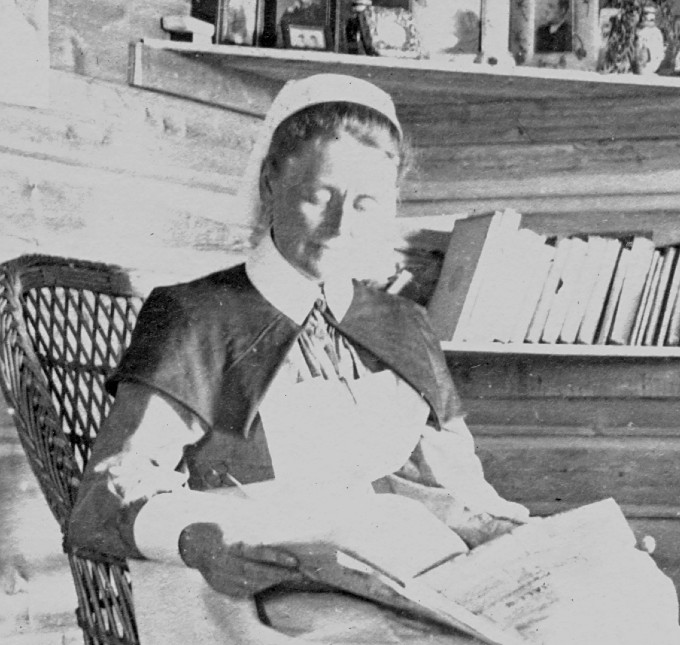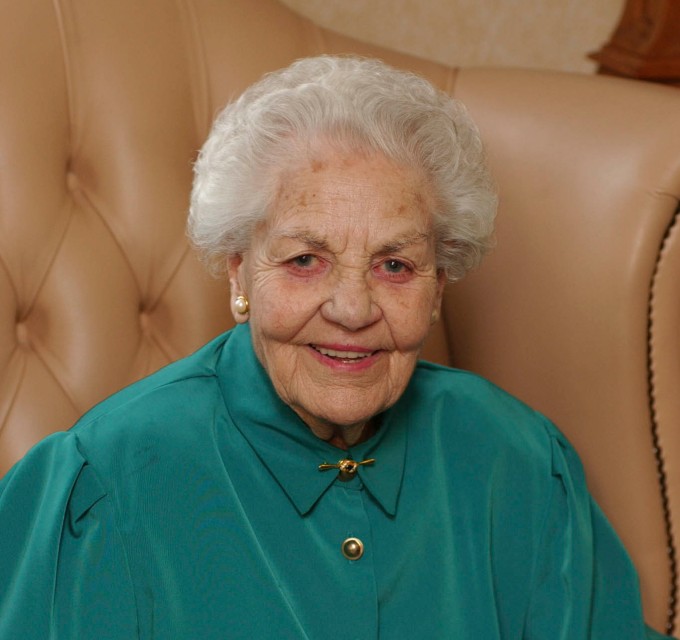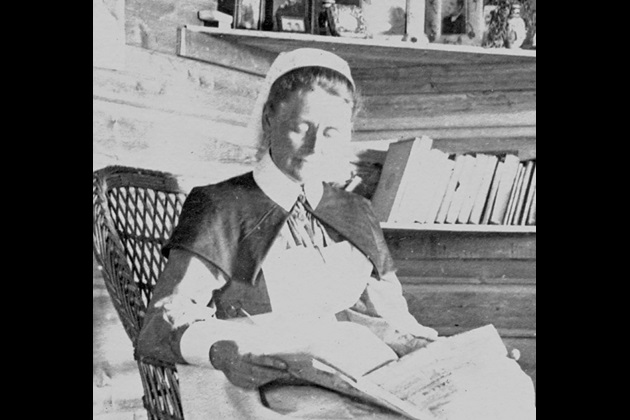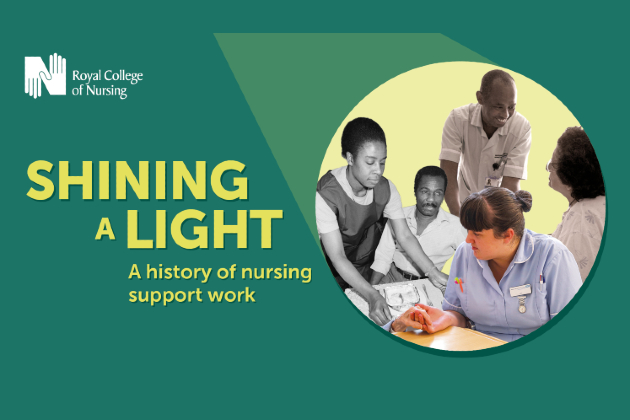As the Oxford Dictionary of National Biography publishes a new collection of nursing biographies, Teresa Doherty, RCN Professional Lead for History of Nursing, explains how the History of Nursing Forum made it happen
In 2017, in my role as RCN Professional Lead for History of Nursing, I was asked for a list of nurses to nominate for inclusion in the Oxford Dictionary of National Biography (ODNB). The ODNB is a key resource for biographies, containing articles of over 60,000 people who have shaped life in the UK. First published in 1885, the ODNB recognises its historical bias, with women, nursing and diversity currently underrepresented. The ODNB is keen to redress this imbalance and was open to nominations.
With so many amazing nurses in our history, who to choose?
My first step was to identify nurses who RCN members had recognised as being important. I took the first 20 RCN presidents and the first 20 fellows and created a shortlist – some were excluded because they were already in the ODNB or because a lack of archives meant there was insufficient information to write an article. Seeking the advice of our archive team on resources at the outset was crucial to the project’s success.
Making sure nursing is part of the national story is vital
I took 15 RCN nurses to the History of Nursing Forum, who agreed the nominations and offered to write specific articles. We took this list of nurses and potential authors to the ODNB editor. He was so delighted with the proposed project that he asked for more nominations.
We approached our colleagues in the UK Association for the History of Nursing to ask for further suggestions of articles and authors. Nursing historians love sharing their research, so the list was quickly agreed, focusing on nurses from 1860s-1920s.
Once the ODNB gave the project the go-ahead, each biography author was given a contract and began their research and writing. After this, biographies were edited and the online resource was created.
We planned to publish in 2020, which was subsequently recognised as the International Year of the Nurse and Midwife, when we hoped to celebrate the impact nurses make on our lives. Although our celebrations have been curtailed by COVID-19, recognising the roles and influence of nursing has become even more important.
This body of work shows the impact of nursing beyond Nightingale
In spring 2020 the first tranche, featuring Victorian nurses, was published, followed in May by the RCN nurses. In 2021, the final articles in this project will be released. Making sure nursing is part of the national story and having the lives of nurses included in a wider narrative is vital if we are to improve the public perception of nursing.
The publication of the first biographies coincided with the bicentenary of Florence Nightingale, where for decades the public history of nursing has begun and ended. Finally, this body of work shows the impact of nursing beyond Nightingale.
Explore online
- You can access the ODNB online using your local library card details.
Meet the nurses
In 2020, the Oxford Dictionary of National Biography was updated for the 60th time and gained the life stories of 20 individuals who were important to the development of nursing in the 20th century. Among them are presidents of the RCN, pioneers of nursing education, and experts in the fields of mental health and nursing research. We take a closer look at two of them here.

Annie Warren Gill
Among the 20 nurses added to the ODNB in the update, six were founding members of the RCN. Annie Warren Gill (1862-1930), was the Scotland representative on the first council of the College of Nursing and was president of the college from 1927 to 1928. She was born on the Isle of Man, but began her nurse training at the Royal Infirmary, Edinburgh in 1893 and then served in South Africa during the Boer War. Later, she was lady superintendent of nurses at the Royal Infirmary of Edinburgh. She was particularly interested in training new nurses, and played an active role in Scottish nursing organisations. Nine years after her death, the Annie Warren Gill Special Prize for Dietetics was founded “in proud and affectionate memory of Miss Gill by nurses who trained with and under her in Edinburgh Royal Infirmary”.

Mona Grey
Self-described “history of nursing fanatic” Mona Grey was born in 1910 in the Punjab (in what is now Pakistan), the second child of two missionaries. She trained as a teacher in India, but by 1933 had relocated to England where she decided to retrain as a nurse at the London Hospital, Whitechapel (later renamed the Royal London). Here, she served as ward sister, night matron, and worked through the Second World War. In 1946, she became the first salaried secretary of the RCN’s Northern Ireland Committee. She led the introduction of many postgraduate nursing certificates and in 1950 wrote Progressive Practical Nursing. In the 1950s she was key in campaigning for a permanent RCN HQ and training centre in Belfast – she staged five musical plays to raise money to purchase a building. In 1960, she became Northern Ireland’s first chief nursing officer. In retirement, she was appointed honorary vice president of the RCN and later became an RCN fellow. She also founded funds for nursing education and, even as a resident in a care home, worked to advocate for older people.
Diversifying the dictionary
The History of Nursing Forum’s chair Stuart Wildman is now leading a new project to include even more figures from the history of nursing in the ODNB by 2025. This will focus on filling gaps in the collection, ensuring nurses are equitably represented in the ODNB. We have inherited biographies weighted towards military matrons, so currently only have one biography of a Northern Irish nurse, no learning disability nurses, and very few black, Asian and minority ethnic nurses. We are seeking biographies of nurses from across the UK, who reflect the depth and breadth of the profession, focusing on pre-1860 and post-1920 to identify different stories.
Do you want to nominate a nurse to be included or offer to write an article? Contact Stuart Wildman at honf@rcn.org.uk








